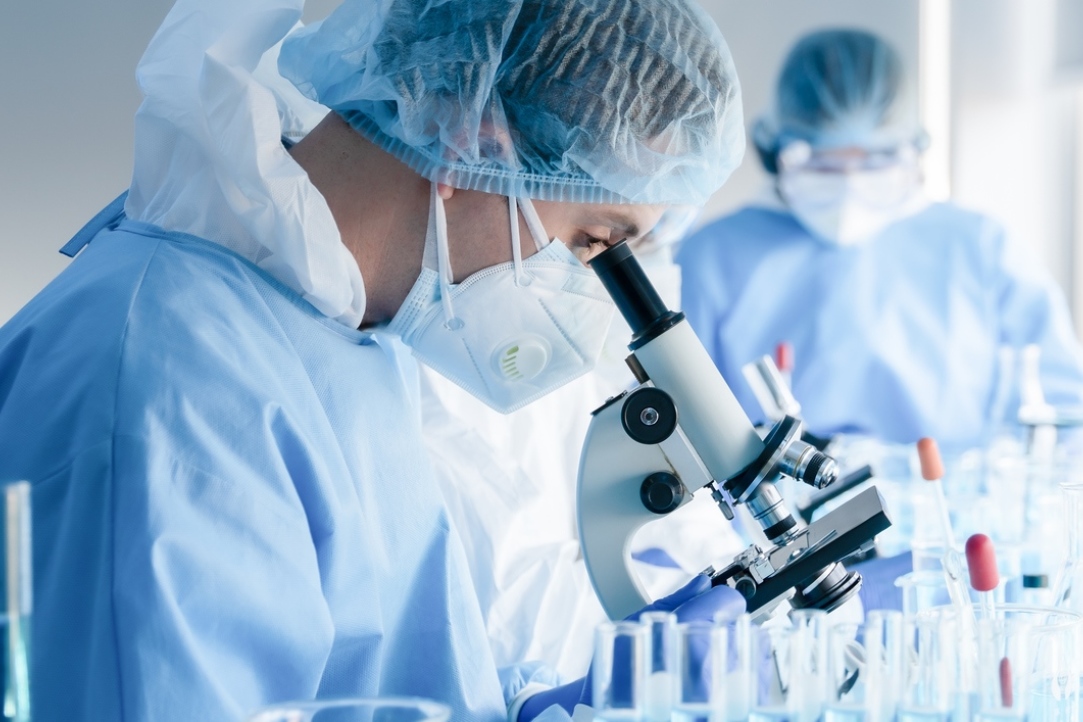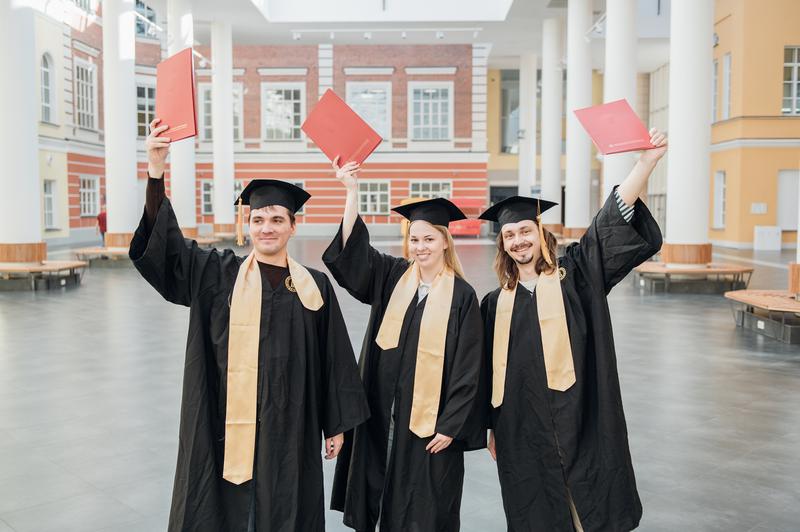
Competition to Launch Experimental Research Laboratories Remains Open Until September 30
The competition is open to research projects in the fields of biophotonics and ageing (biology, physiology, biomedicine, biostatistics, and bioinformatics). The competition is aimed at creating, supporting, and developing science and international-level schools at HSE University. The university is also working to develop modern infrastructure for its natural sciences cluster as part of its active involvement in global research.

Champagne and Unsanitary Conditions: Trade in Siberia 150 Years Ago
The increasing application of law in various spheres of life in the Russian empire promoted trade regulation and influenced everyday trade practices—even in remote regions. Tradespeople, in turn, tried to limit the application of new regulations while using laws to serve their own interests. HSE University has hosted a seminar on trade in Siberia in the second half of the 19th and early 20th centuries.

Scholars Look at Publication Activity in Post-Soviet Countries
75% of papers published in post-Soviet countries are by Russian researchers. In total, about 3% of all papers published globally are from post-Soviet countries. The role of universities has grown over the last 30 years, with over half of all recent academic papers being made with the participation of university researchers. These are the conclusions made in a study of publication activity by scholars in post-Soviet countries.

Meditation Has Greater Benefits for Intrinsically Motivated People with High Self-Control
HSE University researchers Evgeny Osin and Irina Turilina conducted an intervention study looking into the effectiveness of a short-term online mindfulness meditation course. They discovered that even after a three-week course of daily 10 to 15-minute meditation sessions, novice participants benefitted from improved emotional wellbeing, concentration, motivation and self-reflection. The practitioners were also less likely to fixate on negative thoughts. However, these effects only applied to people who already had sufficiently high levels of self-control and motivation to meditate and were thus less likely to give up on the practice. The research is presented in an article published in Applied Psychology: Health and Well-Being

Researchers Explain Potential Cause of Earth’s Green Airglow
A team of Russian researchers from HSE University, the Russian Space Research Institute, and the Pushkov Institute of Terrestrial Magnetism (Russian Academy of Sciences) has described the development of modulational instability of electromagnetic waves in dusty ionospheric plasma, which is caused by a high intensity of electromagnetic emissions. The researchers considered inelastic collisions of ionospheric plasma particles and formulated new tasks and applications to be addressed at a later stage. The results are published in the Physics of Plasmas journal.

Education and Employment in ‘Hard’ Science Provide no Salary Advantages Compared to ‘Soft’ Science at Any Career Stage
HSE University economists question whether Russian STEM specialists are better paid than non-STEM specialists. They compare wages of professionals with STEM and no STEM majors, and those working in STEM and no STEM jobs and explore how the gap evolves over the life cycle. They find that there is no advantage of STEM major and STEM job over their no STEM alternative. They present their findings in a paper published in the Voprosy Ekonomiki journal.

Universities’ Pandemic Experience to Be Studied at the International Level
Russian and international researchers should intensify their joint efforts to analyze the changes in higher education over the past year and a half. Speaking at a round table held in the International Multimedia Centre of the Rossiya Segodnya (Russia Today) news agency, HSE Rector Nikita Anisimov suggested that this work be done as part of the International Observatory for Higher Education Transformations—a global research programme launched by HSE University and the Polytechnic University of Milan.

Researchers Discover How to Obtain ‘Ideal’ 3D Cell Cultures for Cancer Research
A group of scientists from Hungary, Russia and Finland have developed a system capable of selecting cancer cells of a specific shape and size—spheroids. SpheroidPicker, the first AI device of its kind, enables a more standardized approach to working with tumour samples. The results of the research have been published in the journal Scientific Reports. One of researchers who worked on the project is Nikita Moshkov, Junior Research Fellow of the Laboratory on AI for Computational Biology.

The 'Curse' Is Lifted: Schooling Does Increase Graduates’ Salaries
Although many studies point to highly negative trends in returns to education in Russia, the situation actually appears to be stable and without any signs of overinvestment in human capital. This is the conclusion of Rostislav Kapeliushnikov, Deputy Director of the HSE Centre for Labour Market Studies and Member of the Russian Academy of Sciences. The results of his research are presented in the article ‘Returns to Education in Russia: Nowhere Below?’ published in the 8th issue of the Voprosy Ekonomiky journal.

New Data Gained on Double Perovskite Oxides
The Journal of Alloys and Compounds has published an article coauthored by the Institute of Solid State Chemistry and Mechanochemistry (the Ural Branch of the Russian Academy of Sciences), the Donostia International Physics Centre, and the HSE Tikhonov Moscow Institute of Electronics and Mathematics on the characteristics of cubic double perovskite oxides. To date, experimental measurements of the minerals’ characteristics have not corresponded to the results of theoretical modelling. The work marks the first time that researchers have set themselves the task of explaining this disparity. The data obtained will allow researchers to improve low-temperature fuel cell technologies—one of the main alternatives to current sources of electricity.

